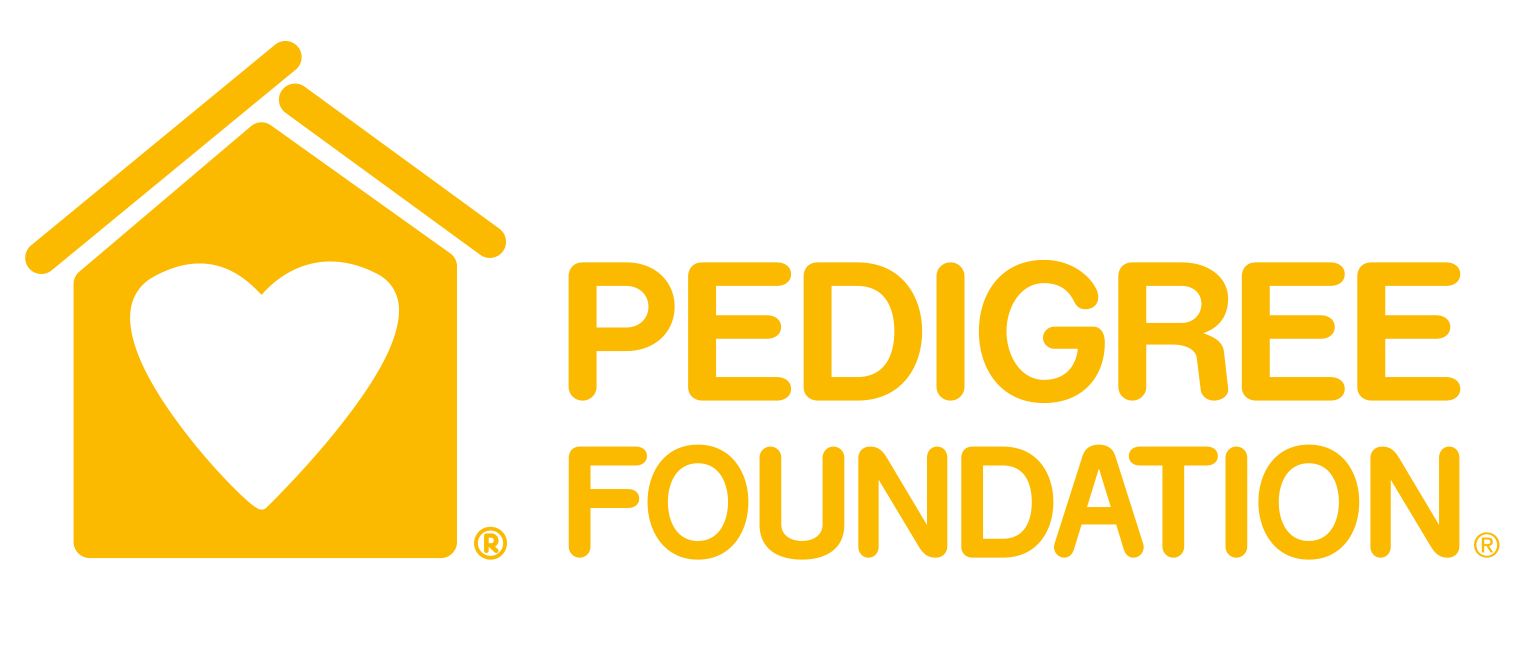(AUSTIN, TX) September 28, 2023–Human Animal Support Services (HASS), an international project revolutionizing the animal welfare industry by cultivating a movement toward uniting the human and animal welfare approach, is sharing the preliminary results collected from its Community Values Survey. The survey, facilitated by the HASS Data and Research team, is the first step in introducing what the average citizen’s values are in relation to the human-animal bond and how it applies directly to animal welfare.
“The HASS Community Values Survey allows us to hear new voices as we work to improve the ways animal services fulfill the needs of communities,” says Senior Director of Research and Development, and HASS advisor, Maggie Lynch. “Understanding a community’s experiences first-hand allows us as an industry to meet these challenges at the root and sooner support people and pets alike.”
The HASS Community Values Survey aims to assess the attitudes of local communities toward the support for the human-animal bond and to evaluate a community’s needs for social services. This new data set fills a gap the existing industry data cannot fulfill–allowing for local welfare agencies, human and animal-centric, to proactively and collaboratively respond to the direct needs of people and their pets, and ultimately, prevent pet relinquishment.
Administered to approximately 2,500 people across nine U.S. communities ranging from the east to west coast, the Community Values Survey results indicate that local governments and service agencies should focus their efforts in three main areas: pet ownership support, increased funding within animal welfare and prioritizing keeping people and pets together.
Nation-wide, 70% of Americans own pets (cats and dogs)–a major constituent group for government leaders and policy makers. The Community Values Survey results align with this percentage, but also show variation based on the types of community. Rural counties and cities with high rates of low-income households tend to have lower rates of ownership, with a range of 61%-76% among all those surveyed. Regardless of community type, however, the Community Values Survey revealed 91% of participants support increasing the budgets of government-funded animal services (municipal and county), including among both pet owners and members of the community without pets. Expanding further, 67%, believe that the additional funding should come from taxpayer funds, rather than through donations.
This widespread call-to-action for additional funding reiterates the sentiment that a considerable amount of communities are in true need of support due to systemic, human-centric issues such as financial stress, access to affordable healthcare for people and pets, and the housing crisis. While these factors have long been felt across the industry as reasons for pet relinquishment, the Community Values Survey cites “high cost” in these areas as a core reason for pet relinquishment across all income groups, even household incomes above $100,000 per year. In fact, 71% of pet owners could not afford nor had access to the means necessary to meet their pets’ needs with the largest barrier being accessibility to affordable veterinary care of all types. These results point to communities in distress and in agreement for the prioritization of offering direct assistance when care grows beyond the capabilities of pet owners.
Housing restrictions and lack of affordable pet-inclusive housing are also among the largest drivers of pet relinquishment across the country. Nearly 70% of Community Values Survey respondents who are renters have faced housing restrictions or have struggled to afford or even find pet-inclusive housing in the last three years with 28% needing to relinquish their pet as a direct result of housing-related restrictions. As a result of this increased pet relinquishment, animal welfare agencies are either at or over intake capacity even though 86% of people who have relinquished a pet in the last three years, wished they didn’t have to.
“Now more than ever, we are seeing a nation-wide plea for a movement of support within our local communities,” said Vincent Medley, Director of HASS. “Utilizing a community-first data set as our north star, HASS is able to support animal and human welfare agencies with resources that promote progress toward meeting these needs directly. Knowing that data is often the first step in moving the needle, we hope these results support exactly that.”
A core principle of HASS is that an animal shelter should be among a community’s options for pet care, rather than the first and only line of defense. In agreement of this principle, 81% of one community’s respondents indicated overwhelming support for care provided in foster homes versus in-shelter care when asked their preference if they had to relinquish their pet.
These statistics are not limited to owned pets alone, but lost pets or “strays” as well. The data states that lost pets are far more likely to return home if they are not taken to a shelter. The Community Values Survey confirms that the majority of community members already embrace this methodology with more than 75% of participants stating they had found a lost pet, helped it get home, kept the pet themselves, or found it a new home on their own. In addition, nearly 90% stated they would consider caring for a lost pet if asked by the shelter to do so and offered resources.
The HASS Community Values Survey showcases the public’s desire for a more united and better-funded human and animal welfare system that meets the needs of the community. It is through a data-informed approach that HASS will continue to develop and share free resources to support local animal welfare agencies to meet the needs of their communities and beyond.
To learn more about the HASS project and to access free, data-driven resources, visit the HASS Resource Center at www.humananimalsupportservices.org.
###
About Human Animal Support Services (HASS):
The Human Animal Support Services (HASS) project is a movement seeking to revolutionize the animal welfare industry by leading with and embracing a community support model. By providing both private and municipal animal shelters with equitable access to data-driven resources, education, and implementation tools, HASS aims to create pathways toward unified support systems for pets and their people in every community. Separated into three main pillars education, data, and policy, HASS encompasses a network of more than 1,500 animal and human welfare professionals. A project facilitated by Austin Pets Alive! (APA!) and under the direction of industry veteran Vincent Medley, HASS’ 41 pilot shelters and 165 partner organizations have joined the movement by committing to implement the HASS model. To learn more, visit www.humananimalsupportservices.org.






